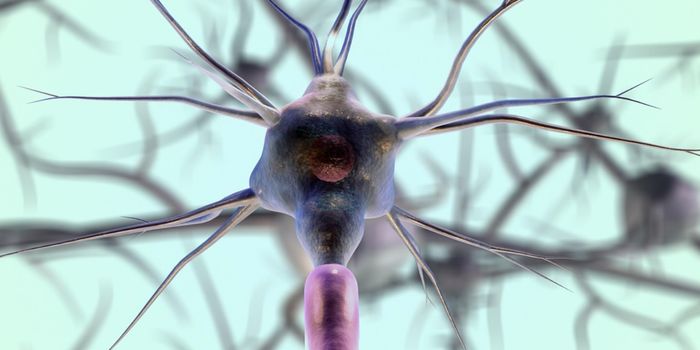Excess Sugar in Children May be Linked to Attention Deficit Disorder
Researchers led by the Queensland University of Technology in Australia have found that children who consume excessive amounts of sugar may be at a greater risk for a host of health issues including obesity, hyperactivity and cognitive impairment as adults.
For the study, the researchers studied several groups of male mice that were 5 weeks old at the start of the experiment. They were followed for a total of 12 weeks during which some had access to two bottles of plain water at all times while others had access to a bottle of plain water and a bottle of 25% sucrose solution at all times. Another group had access to a bottle of 25% sucrose solution for a 2 hour period Monday to Friday.
In the end, the researchers found that mice who consumed enough sugar over the 12-week period to significantly increase weight gain had an abnormal and excessive nervous system response to novelty. Their episodic memory and spatial memory were also altered. The researchers noted that these results are similar to those who report attention deficit and hyperactivity disorders.
The researchers say that their results are very promising, although they admit that more work needs to be done to see if these results are replicable in humans. They nevertheless say that unrestricted consumption of high-sugar food and beverages in the Western diet is increasingly thought to be linked to the obesity epidemic, as well as attention-deficits and hyperactivity disorders.
“Our results show for the first time that long-term consumption of sucrose leads to significant weight gain and produces persistent hyperactivity and learning impairments,” says Selena Bartlet, one of the authors of the study.
“Interestingly, our investigation with the mice found reducing the daily sucrose intake four-fold did prevent sugar-induced increase in weight gain, supporting the WHO’s recommendation to restrict sugar intake by this amount would be effective.” says co-lead author of the study, Dr. Arnauld Belmer, “It could also limit the other negative consequences including hyperactivity and cognitive impairment.”
Sources: Science Daily, Frontiers in Neuroscience









